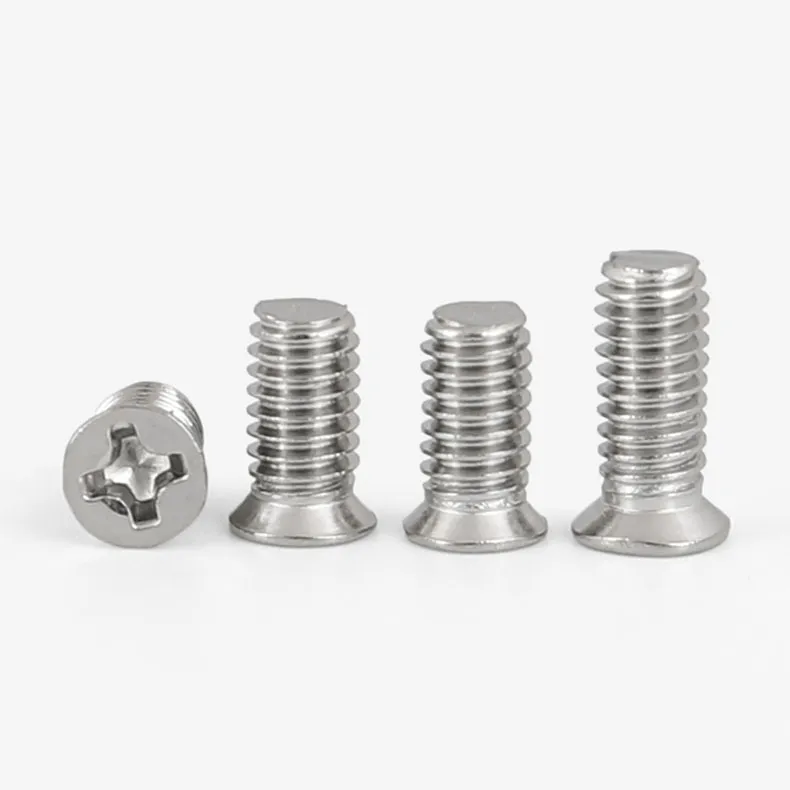

stud bolt 1
Sep . 02, 2024 21:17 Back to list
stud bolt 1
Stud Bolt An Essential Component in Engineering and Construction
Stud bolts are critical fasteners widely used in various engineering and construction applications. Their unique design and robust characteristics make them an ideal choice for securing heavy machinery, piping systems, and structural components. Unlike standard bolts, stud bolts consist of a cylindrical body with threads at both ends, allowing for a versatile and reliable means of fastening.
Design and Composition
Stud bolts are typically made from high-strength materials, including carbon steel, stainless steel, and alloys, to ensure durability and resistance to corrosion. The design usually incorporates two types of threads external threads on both ends and a smooth shaft in the middle. This configuration allows for efficient installation by accommodating a nut on each end, providing enhanced clamping force and stability in connections.
Applications
Stud bolts are extensively used in industries such as oil and gas, power generation, construction, and shipbuilding. In the oil and gas sector, for instance, they play a crucial role in the assembly of flanged joints in pipelines and various equipment, ensuring leak-proof connections that withstand high pressures and temperatures. In construction, they are used to secure heavy structural elements, such as beams and columns, where high load-bearing capacity is essential.
stud bolt 1

One of the notable features of stud bolts is their ability to handle significant tension loads. This property makes them particularly valuable in applications where vibration and dynamic forces are present, as they can maintain structural integrity over time. Their design also allows for easy disassembly and reassembly, making maintenance and repairs more efficient.
Installation and Maintenance
Proper installation is key to maximizing the performance of stud bolts. It is essential to follow manufacturer specifications for torque requirements to prevent over-tightening or under-tightening, both of which can lead to failure. Additionally, using appropriate locking mechanisms, such as lock washers or thread adhesives, can enhance the reliability of the connection.
Regular inspection and maintenance are also crucial, particularly in environments exposed to harsh conditions. Corrosion-resistant coatings and proper sealing techniques can significantly extend the life of stud bolts and ensure their ongoing performance.
Conclusion
In summary, stud bolts are a vital component in modern engineering and construction. Their unique design, combined with high-strength materials, makes them suitable for a wide range of applications. Whether in heavy machinery, piping systems, or structural frameworks, stud bolts provide the necessary strength and reliability required in critical infrastructures. As industries continue to evolve, the importance of robust fastening solutions like stud bolts will remain paramount in ensuring safety, efficiency, and longevity in engineering projects.
Latest news
-
High-Strength Hot Dip Galvanized Bolts - Hebei Longze | Corrosion Resistance, Customization
NewsJul.30,2025
-
Hot Dip Galvanized Bolts-Hebei Longze|Corrosion Resistance&High Strength
NewsJul.30,2025
-
High-Strength Hot-Dip Galvanized Bolts-Hebei Longze|Corrosion Resistance&High Strength
NewsJul.30,2025
-
Hot Dip Galvanized Bolts-Hebei Longze|Corrosion Resistance&High Strength
NewsJul.30,2025
-
Hot Dip Galvanized Bolts - Hebei Longze | Corrosion Resistance, High Strength
NewsJul.30,2025
-
High-Strength Hot Dip Galvanized Bolts-Hebei Longze|Corrosion Resistance, Grade 8.8
NewsJul.30,2025

